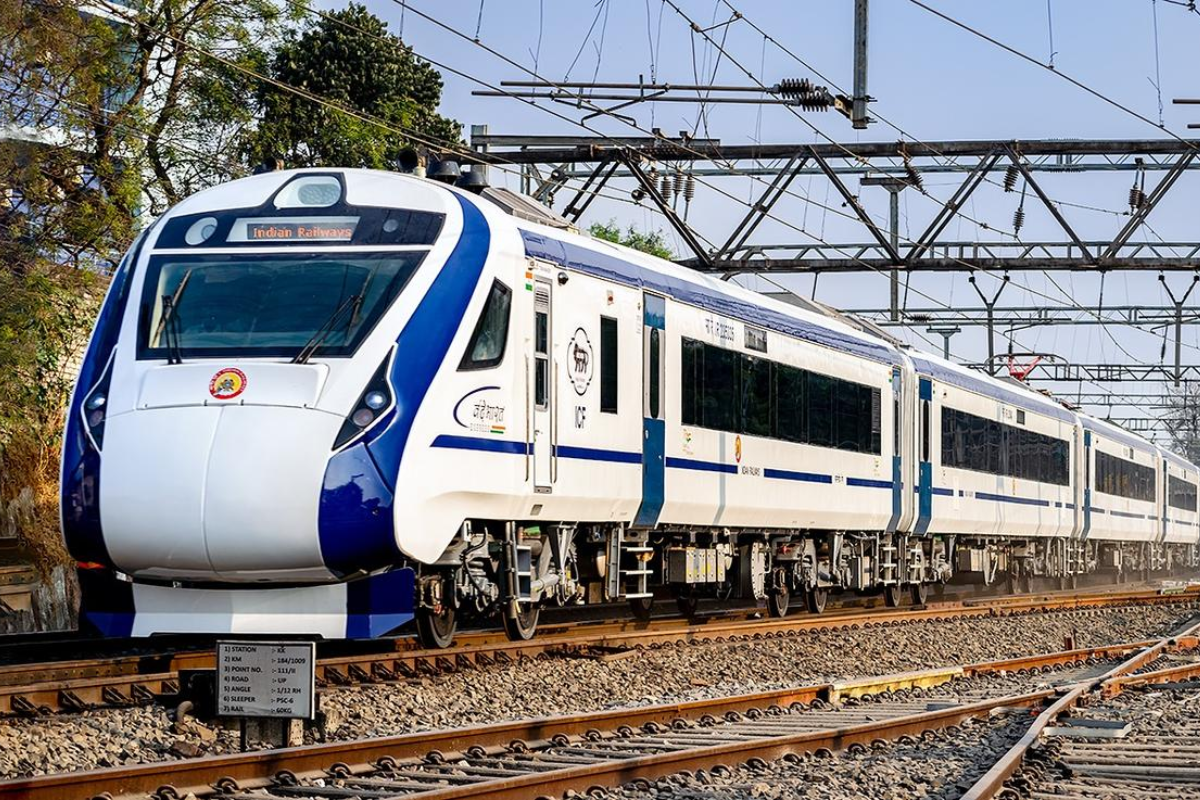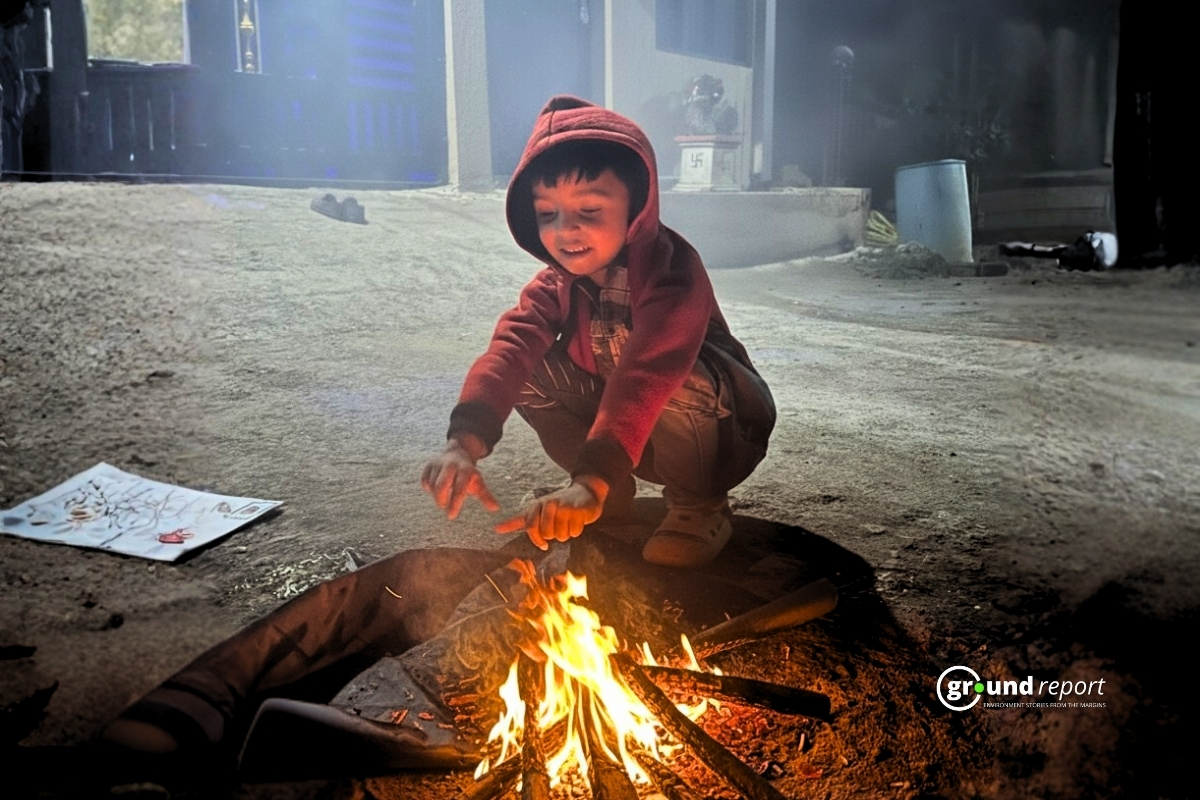The Organized Crime and Corruption Reporting Project (OCCRP) alleges that the Adani group supplied low-quality coal to Tamil Nadu’s power utility but billed it at high-grade coal rates, pocketing massive profits.
24 coal shipments arrived in Tamil Nadu between January and October 2014. They were sold to the state’s power company, Tangedco, at triple the cost and marked as high-quality fuel, based on invoices, banking documents, and leaked information.
One shipment exemplifies the alleged malpractice. The shipment was carried by the bulk carrier MV Kalliopi L from Indonesia on January 9, 2014. According to OCCRP, the paperwork for the 69,925-tonne cargo went through the British Virgin Islands and Singapore.
During this time, the price tripled from $33.75 to $91.91 per tonne, and the coal’s quality upgraded from “below 3,500” kilocalories per kilogram (kcal/kg) to 6,000. The evidence to OCCRP comes from multiple sources: invoices and banking documents from several jurisdictions, India’s Directorate of Revenue Intelligence (DRI) investigations, leaked documents from a key Indonesian coal supplier for Adani, and Tangedco obtained documents.
What is OCCRP?
The Organized Crime and Corruption Reporting Project (OCCRP) is a global network founded in 2006 by Drew Sullivan and Paul Radu. It comprises over 160 journalists, 24 non-profit investigative centers, and various regional news organizations. The OCCRP aims to expose crime and corruption, hold power accountable, and develop a network of investigative journalists.
Their goals include setting high standards for investigative journalism, creating regional investigative journalist corps, and training new journalists. They also focus on utilizing digital technology and secure communication systems, publishing collaboratively-produced content online, and linking investigative journalism centers virtually and physically. Through these efforts, the OCCRP strives to combat corruption and promote transparency worldwide.
Adani Group overcharged for coal
Arappor Iyakkam, a Tamil Nadu-based NGO fighting for accountability in this coal scam, claims that Tangedco overpaid Rs. 6,000 crore for coal from all vendors between 2012 and 2016, with half the tenders going to Adani.
The DRI, under the Union Ministry of Finance, started an investigation nearly a decade ago into whether the Adani group and other companies used offshore intermediaries to inflate the coal price supplied to utilities. Adani won a case in the Bombay High Court that blocked the DRI from seeking shipments, including the invoices obtained by OCCRP, from abroad. The DRI has filed an appeal in the Supreme Court.
Jayaraman Venkatesan of Arappor Iyakkam said that Tangedco imported a total of 2.44 crore tonnes of coal from 2012 to 2016 for power plants. He alleged that 49% of the imported amount was given to Adani Global. He alleged that the tender norms required coal with a calorific value of 6,000 kcal/kg, but only 4,500 kcal/kg of poor-quality coal was supplied, resulting in significant losses for the Electricity Department.
G. Sundararajan of Poovulagin Nanbargal, an environmental organization, highlighted the pollution caused by burning low-quality coal, stating that the Electricity Department had sustained financial and environmental losses in the fragile Ennore region.
When approached by OCCRP, an Adani spokesperson denied the allegations as “false and baseless.” The spokesperson stated that the coal supplied, irrespective of the supplier’s declaration, was tested for quality at the receiving plant.
The spokesperson also rejected Arappor Iyakkam’s analysis and any responsibility for air pollution or losses for state power companies.
The Adani Group’s response acknowledged that if the delivered coal was of inferior quality than stipulated, it would be within a range between 5,800 and 6,700 kcal/kg.
Follow Ground Report for Environmental News From India. Connect with us on Facebook, Twitter, Koo App, Instagram, WhatsApp and YouTube. Write to us at GReport2018@gmail.com and subscribe to our free newsletter.
Don’t forget to check out our climate glossary, and learn difficult environmental terms in simple language.









